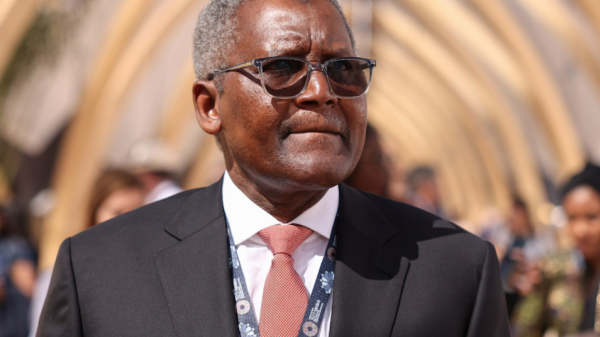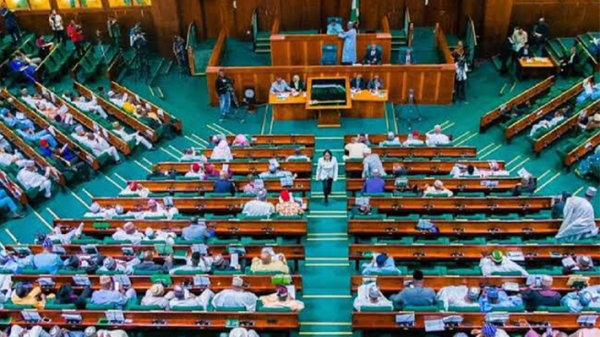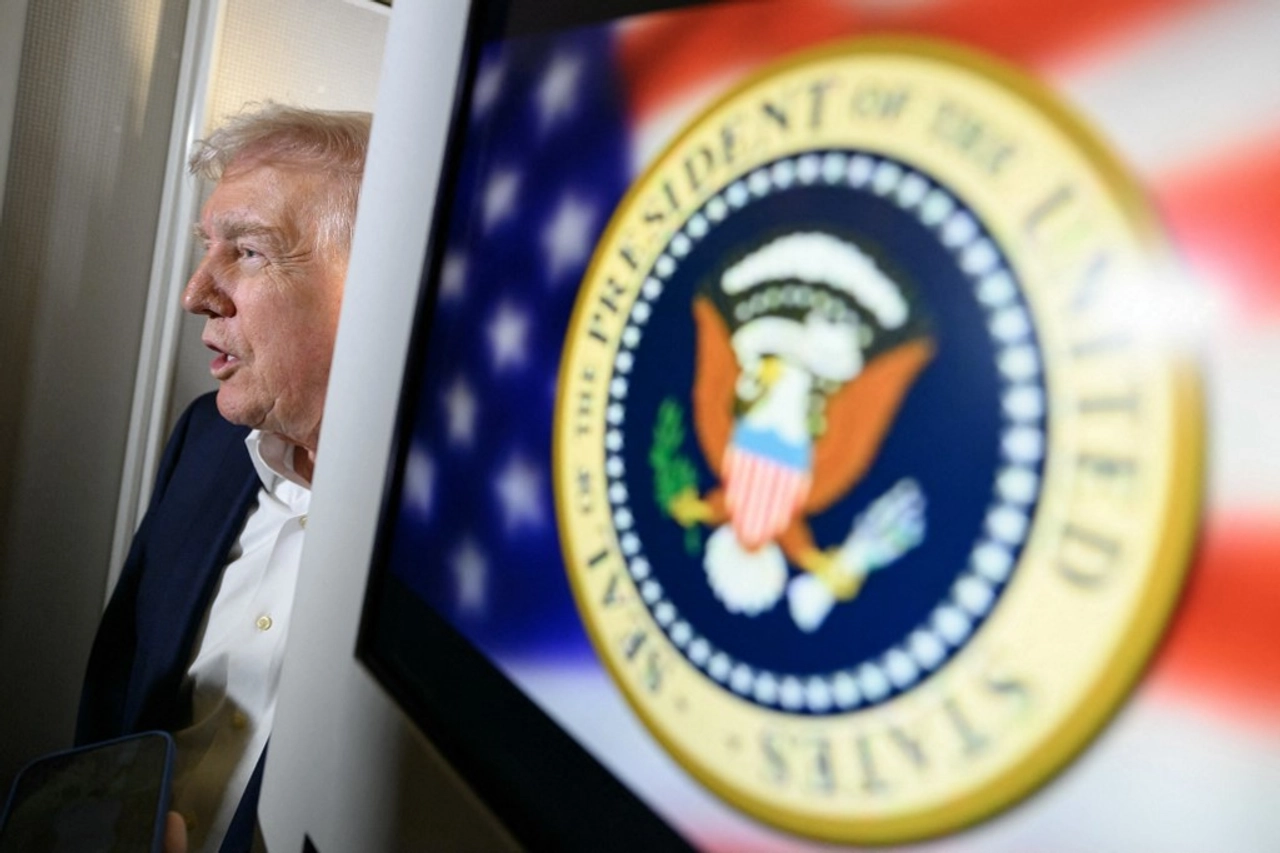U.S. President Donald Trump waves to the press before boarding Marine One on the South Lawn of the White House, April 11, 2025. ANDREW CABALLERO-REYNOLDS / AFP
In a stunning acceleration of his administration’s internal crackdown, President Donald Trump has dismissed key national cybersecurity leaders, redirected AI surveillance inward, and disrupted decades-old intelligence-sharing protocols with NATO and Ukraine.
Sources inside U.S. intelligence agencies describe a chilling new reality in Washington: instead of using America’s digital power to fend off foreign threats, the White House appears focused on rooting out domestic dissent — often using artificial intelligence tools built for foreign surveillance.
The implications are grave for allies who once depended on U.S. cyber defense as a frontline shield against adversaries like Russia and China.
According to Reuters and the Washington Post, the White House’s newly empowered AI program, codenamed DOGE, was developed to scan internal government communications for signs of “disloyalty” — including union organizing, criticism of Trump’s policy in Ukraine, or sympathy for dismissed national security officials.
The AI’s rapid rollout and vague legal grounding have alarmed privacy advocates and foreign partners alike. Several EU intelligence services have reportedly requested clarity from Washington on whether allied communications may also be subject to DOGE scanning during transatlantic exchanges.
“DOGE is not just a surveillance tool — it’s a loyalty enforcement mechanism, and its reach is growing,” a former DHS cyber analyst told Kyiv Post on condition of anonymity. “The fear is that it’s creating a chilling effect across the entire intelligence ecosystem.”
The firing of Gen. Timothy Haugh, commander of U.S. Cyber Command and head of the NSA, has been described by insiders as the tipping point. The general’s removal, paired with the abrupt sidelining of multiple cybersecurity officials and the White House’s boycott of this year’s RSA Conference, signals a profound policy shift: away from global cyber defense, and toward internal political control.
For Ukraine, that means fewer intelligence warnings, stalled cyber training programs, and reduced support in the digital war against Russia. Already, several joint operations involving Ukrainian cyber teams and U.S. advisors have been “paused indefinitely,” according to a senior official at Ukraine’s Ministry of Digital Transformation.
“We’re seeing clear signs that American cyber resources are no longer as focused on Europe,” the official said. “The battlefield is changing — and we’re losing one of our most crucial allies in the digital domain.”
European defense officials say that cyberattacks from Russia have intensified in recent weeks. Phishing attacks, infrastructure probes, and AI-generated disinformation campaigns have surged across NATO’s eastern flank.
One NATO diplomat, speaking to Kyiv Post, warned that the “U.S. vacuum” is already being felt: “We’re having to plug holes in the dam without access to the usual real-time data. Moscow knows it. So does Beijing.”
Even some Republican lawmakers have expressed concern over the shift. “We’re disarming ourselves digitally, just as our adversaries are escalating,” Rep. Don Bacon (R-Neb.) told Politico. “This isn’t how we win the cyber war.”
Cybersecurity has become one of NATO’s most essential pillars, particularly in confronting hybrid threats. But as U.S. leadership recedes from that front, European partners must confront a harsh new calculus: whether to forge ahead without the digital protection they’ve relied on for decades — or recalibrate their strategies without U.S. backing.
“Ukraine is now facing Russian cyberwarfare with fewer tools and less coordination,” said a former White House NSC staffer. “And the scariest part? This may just be the beginning.”
As Trump’s cyber purge continues, and AI is increasingly wielded not to guard national secrets but to enforce ideological loyalty, the question reverberating across allied capitals is simple but urgent: Can the United States still be trusted to defend its friends in the digital trenches?




































































































